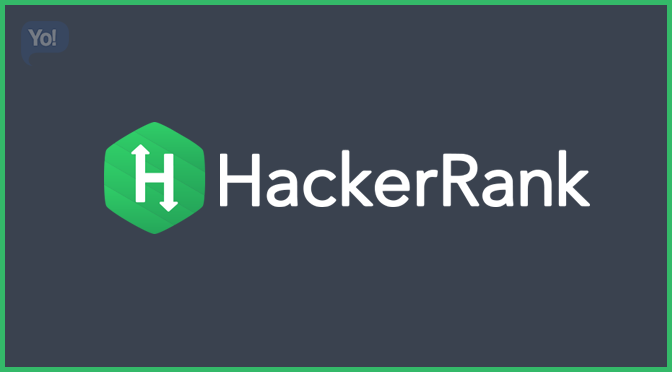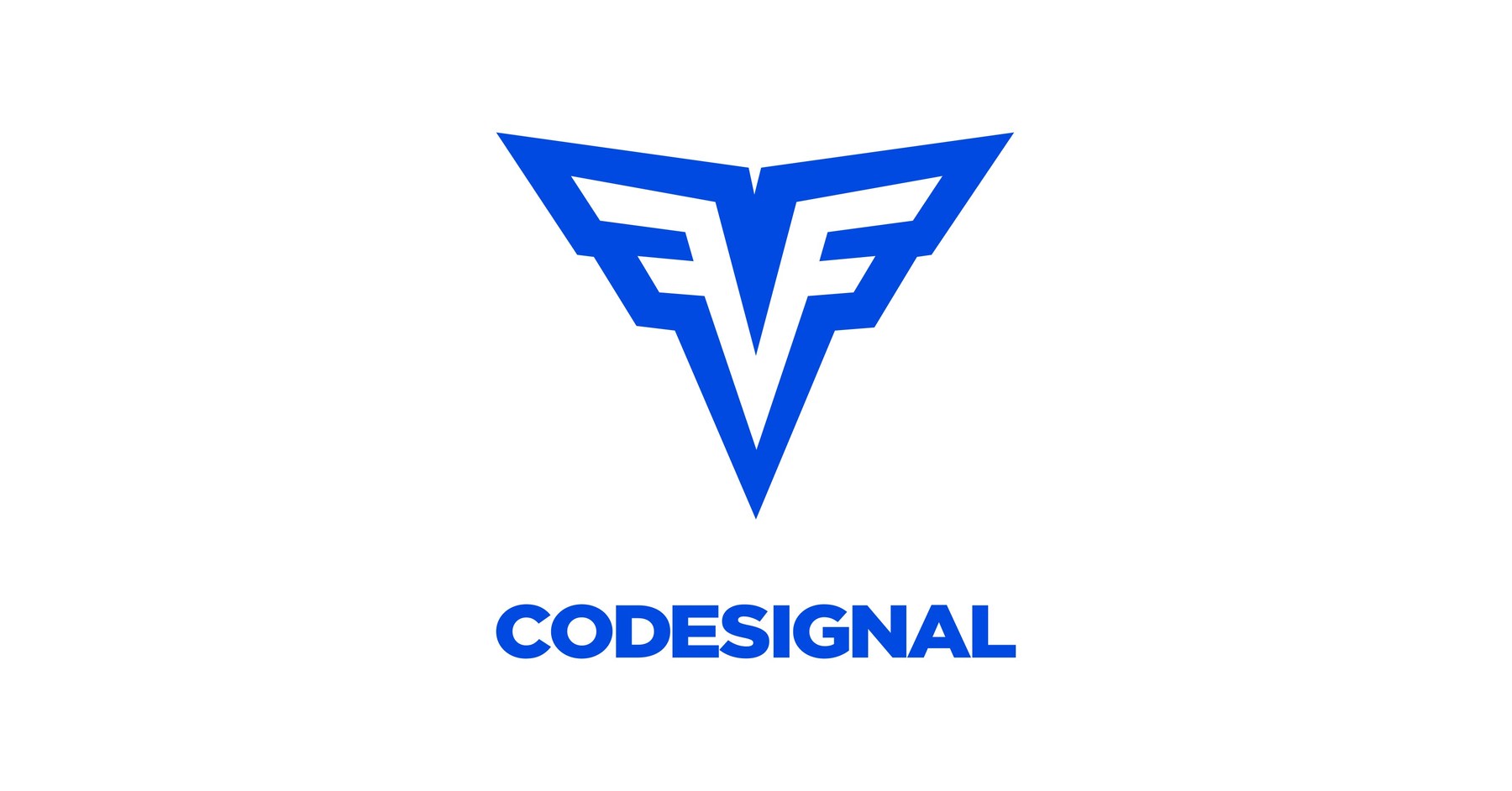How to Ace a Coding Interview: Tips and Tricks Exposed!
Athanasius Tesfaye
@4thnit
CEO @ Hire Armada

How to Ace a Coding Interview: Tips and Tricks Exposed!
Coding interviews have become a crucial part of the recruitment process for software development positions. Companies use coding interviews to assess a candidate's technical skills, problem-solving abilities, and overall fit within their organization. Acing a coding interview requires not only technical knowledge but also strategic preparation and effective communication skills. This article will provide you with valuable tips and tricks to help you stand out and excel in your next coding interview.
Tips for preparing for a coding interview

Preparing for a coding interview requires a combination of technical knowledge, problem-solving skills, and effective time management. Here are some tips to help you prepare:
- Understand the basics: A strong foundation in computer science fundamentals is pivotal for success in coding interviews. Knowledge of data structures, algorithms, and the ability to analyze time and space complexity are fundamental. These concepts form the bedrock of coding problems. A profound understanding not only facilitates efficient problem-solving but also showcases a candidate's grasp of the core principles that underlie programming challenges.
- Practice before performance: Treating coding interviews as a skill that improves with practice is crucial. Utilize platforms such as LeetCode, HackerRank, and CodeSignal to hone your coding abilities. The diverse range of problems on these platforms exposes you to various problem-solving techniques and patterns. Regular practice not only sharpens your technical skills but also enhances your ability to tackle different types of coding challenges effectively.
- Master the behavioral interview: Beyond technical prowess, soft skills play a significant role. Mastering the behavioral interview involves discussing past experiences and projects, demonstrating effective communication, teamwork, and stress management. Articulating how you handled challenges in the past showcases your interpersonal skills and ability to navigate real-world scenarios.
- Know your resume: Everything on your resume is fair game during an interview. Be thoroughly prepared to delve into any projects, roles, or technologies listed. This demonstrates a deep understanding of your professional experiences, emphasizing that your resume is not merely a formality but a reflection of your expertise and contributions.
- Learn about the company: Gaining insights into the company's mission, culture, and technology stack provides a distinct advantage. This preparation signifies genuine interest and diligence. Familiarity with the company's values and technology choices demonstrates your commitment and proactive approach, setting you apart as a candidate who aligns with the organization's goals.
- Ask insightful questions: Asking thoughtful questions not only conveys engagement but also helps you assess the company fit. Inquiring about the team dynamics, projects, and company culture demonstrates a proactive interest in your potential role. This two-way interaction allows you to make informed decisions about whether the company aligns with your career aspirations and work preferences.
Understanding the interview process
Before diving into technical preparation, it is crucial to understand the interview process itself. A typical coding interview consists of two main components: technical and behavioral interviews.
- **Technical interview: **The technical interview assesses your problem-solving abilities and technical knowledge. You will be asked to solve coding problems using data structures and algorithms. It is essential to practice solving coding problems efficiently and writing clean and optimized code.
- Behavioral interview: The behavioral interview evaluates your interpersonal skills, teamwork, and ability to work in a professional environment. Be prepared to answer questions about your past experiences, problem-solving strategies, and how you handle challenges.
It is essential to prepare for both the technical and behavioral aspects of the interview to demonstrate your skills and fit within the company culture.
Common Coding Interview Questions
To prepare for a coding interview, it is essential to familiarize yourself with common interview questions that are frequently asked by hiring managers. These questions often revolve around data structures, algorithms, and problem-solving techniques. Some common coding interview questions include:
- Reverse a string: Write a function that takes a string as input and returns the reverse of the string.
- Find the missing number: Given an array of integers from 1 to n, find the missing number.
- Check if a string is a palindrome: Write a function that takes a string as input and returns true if it is a palindrome, and false otherwise.
By practicing these common coding interview questions, you can improve your problem-solving abilities and familiarize yourself with common algorithms and data structures.
Practice coding interview platforms
To gain hands-on experience and improve your coding skills, it is crucial to practice on coding interview platforms. Here are some popular platforms to consider:
LeetCode: LeetCode offers a vast collection of coding problems that simulate real coding interview scenarios. It provides a platform to practice coding in multiple programming languages.

HackerRank: HackerRank offers coding challenges and competitions to help you improve your problem-solving skills. It also provides a platform to practice coding in various programming languages.

CodeSignal: CodeSignal is a platform that offers a variety of coding challenges and assessments. It provides an interactive environment to practice coding and improve your skills.

By regularly practicing on these platforms, you can familiarize yourself with coding interview scenarios and improve your problem-solving abilities.
Don'ts During a Coding Interview
To make a positive impression during a coding interview, it is essential to follow certain dos and avoid common pitfalls. Here are some dos and don'ts to consider:
Don't rush: Take your time to understand the problem and come up with a well-thought-out solution. Rushing can lead to mistakes and inefficient code.
Don't be afraid to ask for help: If you are stuck, don't hesitate to ask for help or clarification. It is better to seek assistance than to spend too much time on a problem without progress.
Don't give up: Even if you encounter a challenging problem, don't give up. Stay calm, break it down into smaller steps, and approach it systematically.
Conclusion
Acing a coding interview requires a combination of technical knowledge, problem-solving skills, and effective communication. By following the tips and strategies outlined in this article, you can significantly improve your chances of success in your next coding interview. Remember to practice regularly, review key concepts, and utilize the recommended resources to enhance your skills. With the right preparation and mindset, you can confidently tackle any coding interview and showcase your abilities to potential employers. Good luck!
